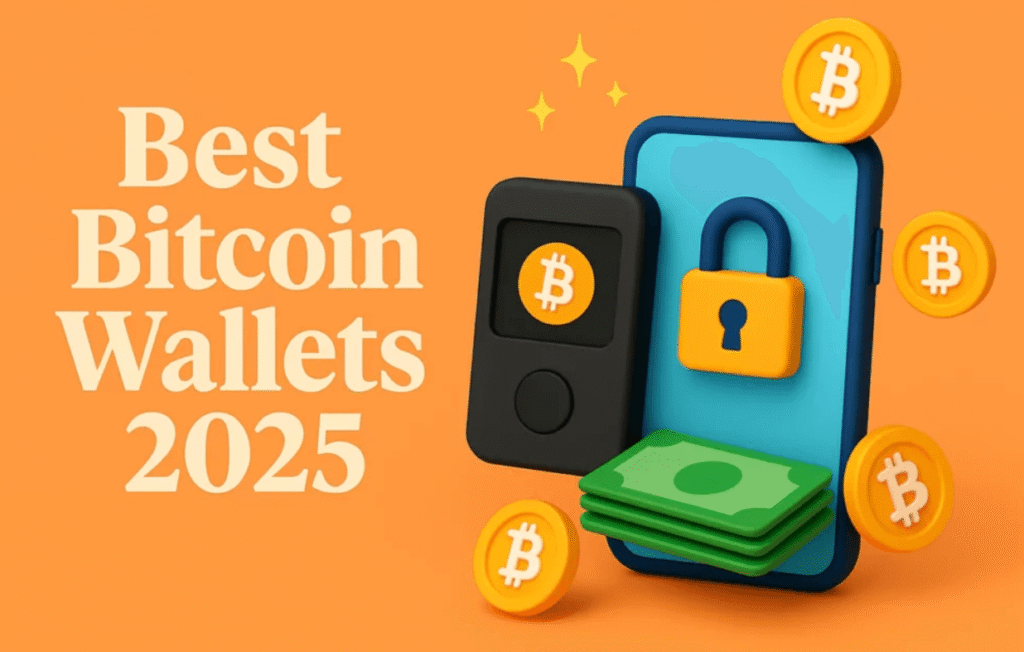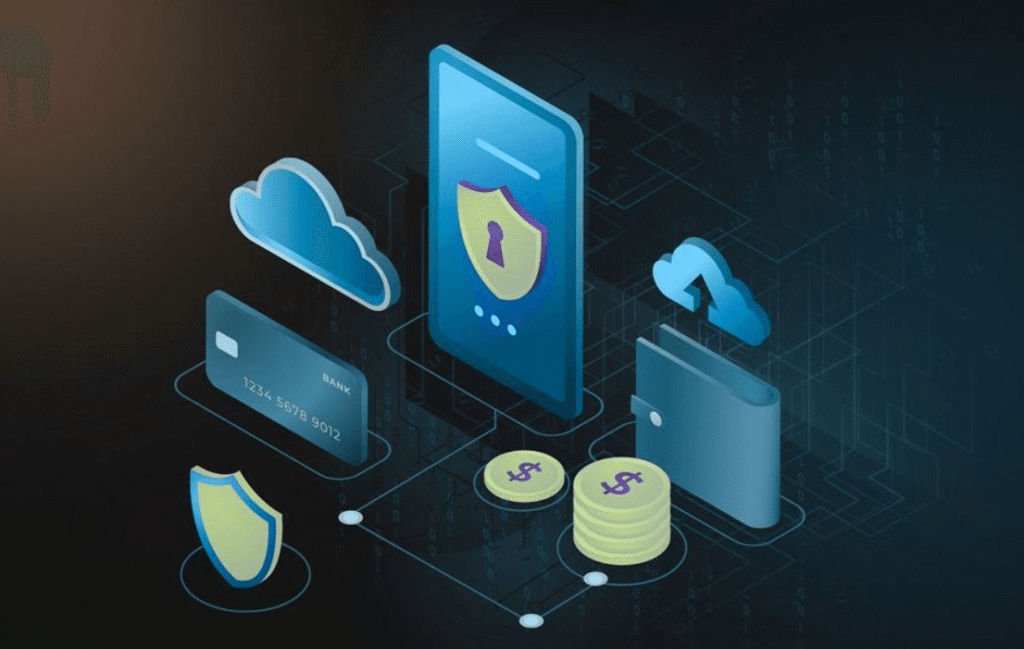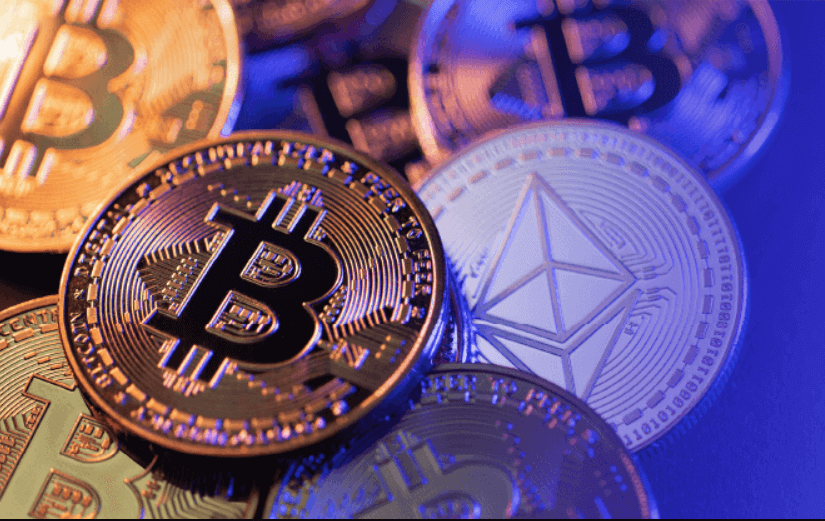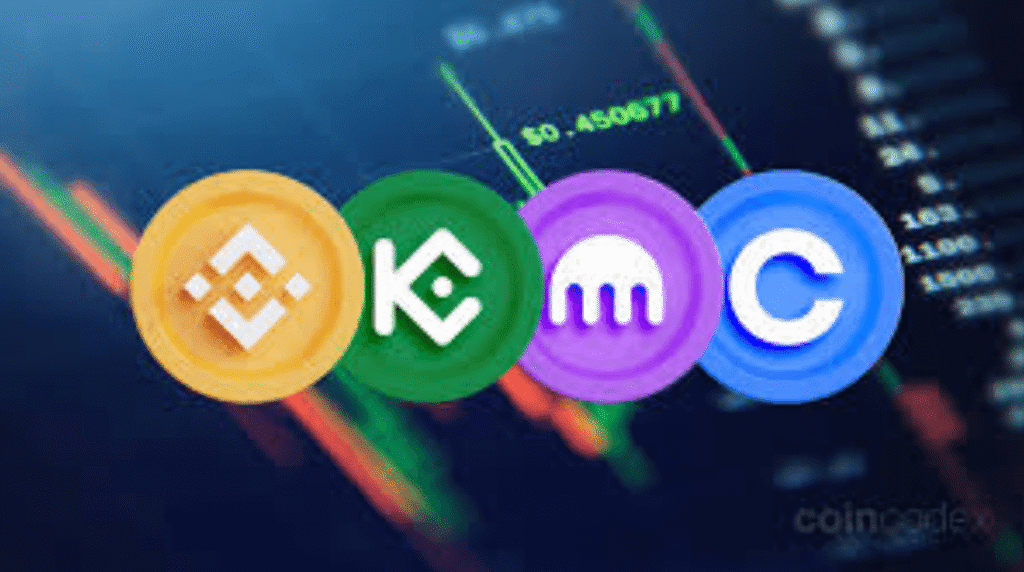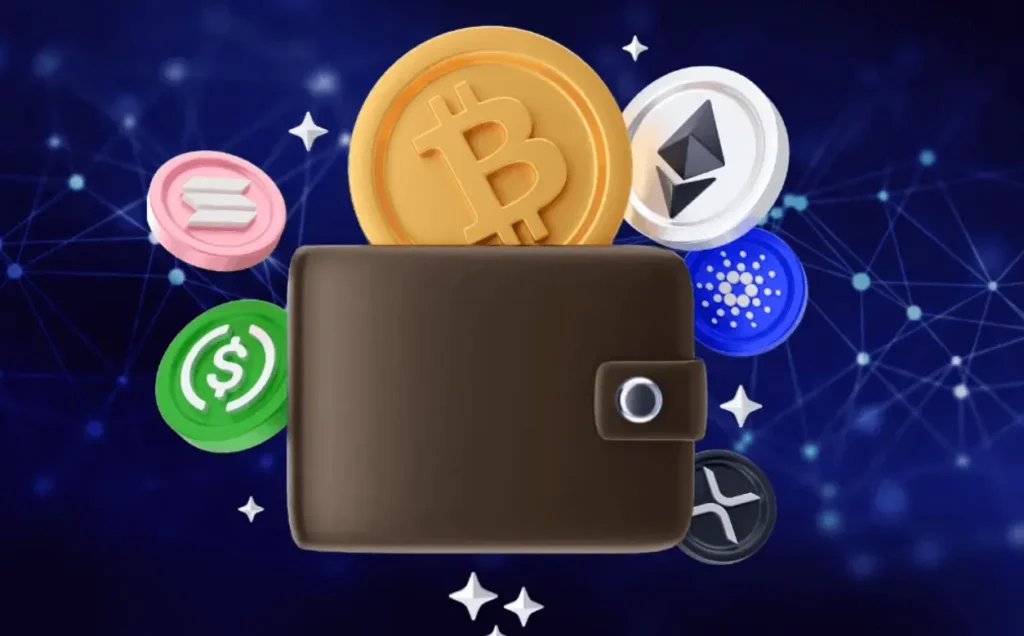As cryptocurrency continues to transform the financial landscape, the number of crypto exchanges has surged globally. With choices ranging from centralized giants like Binance and Coinbase to decentralized options like Uniswap and dYdX, selecting a reliable crypto exchange platform is a critical first step in securing your digital assets.
However, not all exchanges are created equal. Many lack proper regulation, transparency, or adequate security measures, putting users’ funds at risk. Whether you’re a first-time buyer or an active trader, knowing how to evaluate and choose a secure, trustworthy, and efficient crypto exchange is essential for long-term success and peace of mind in this evolving digital economy.
What to Look for in a Reliable Crypto Exchange
When evaluating a crypto exchange, it’s important to go beyond brand popularity. Look under the hood — regulation, security, transparency, and customer support are what truly distinguish the best platforms from the rest.
Key Criteria to Evaluate:
- Regulatory Compliance & Licensing
- Choose platforms that are registered with financial authorities, such as the U.S. SEC, FINRA, FCA (UK), or EU-based agencies.
- Regulated platforms often offer better consumer protections, clear dispute resolution processes, and robust KYC/AML protocols.
- Choose platforms that are registered with financial authorities, such as the U.S. SEC, FINRA, FCA (UK), or EU-based agencies.
- Security Features
- A reliable exchange must prioritize user security with 2FA (Two-Factor Authentication), cold storage, encryption protocols, and bug bounty programs.
- Platforms like Kraken and Gemini publish proof-of-reserves to verify asset backing.
- A reliable exchange must prioritize user security with 2FA (Two-Factor Authentication), cold storage, encryption protocols, and bug bounty programs.
- Fee Structure Transparency
- Avoid exchanges with hidden spreads or confusing fee models. Look for:
- Trading fees
- Deposit/withdrawal charges
- Inactivity or maintenance fees
- Trading fees
- Avoid exchanges with hidden spreads or confusing fee models. Look for:
- Liquidity & Trading Volume
- High liquidity ensures faster order fulfillment and less price slippage.
- Global leaders like Binance, Coinbase Pro, and Bybit often report billions in daily volume—ideal for serious traders.
- High liquidity ensures faster order fulfillment and less price slippage.
💡 Pro Tip: Use Google Trends and Reddit crypto communities to evaluate public sentiment on an exchange before committing.
H3: Top 5 Factors to Consider When Choosing an Exchange (Table)
| Factor | Why It Matters | What to Look For |
| Regulation | Ensures legal protection & transparency | SEC/FCA/FINMA registered platforms |
| Security | Protects your funds from hacks or theft | Cold storage, 2FA, insurance policies |
| Fees & Costs | Impacts profitability | Flat fees, low trading spreads |
| User Interface | Influences user experience | Mobile apps, clean dashboard, quick access |
| Supported Assets | Determines portfolio flexibility | Wide range of coins & tokens (BTC, ETH) |
H4: Understanding the Difference Between Centralized and Decentralized Exchanges
The crypto landscape is divided between Centralized Exchanges (CEXs) and Decentralized Exchanges (DEXs). Each type serves different needs, and understanding the pros and cons of each helps you decide which aligns with your goals.
Centralized Exchanges (CEXs)
Centralized platforms like Coinbase, Binance, and Kraken act as intermediaries. They offer:
- User-friendly interfaces
- High liquidity and fast transaction speeds
- Customer support and fiat gateways
However, your funds are stored on the platform’s servers, making them vulnerable to cyberattacks or custodial risks. These platforms require KYC verification for compliance.
Decentralized Exchanges (DEXs)
DEXs such as Uniswap, PancakeSwap, and dYdX run on blockchain protocols. They offer:
- Full control over your assets (non-custodial)
- No KYC requirements
- Direct wallet-to-wallet trading
That said, they usually have lower liquidity, higher slippage, and lack customer support—which may be intimidating for beginners.
Which Should You Choose?
- Beginners: Start with a regulated centralized exchange.
- Privacy-focused or DeFi users: DEXs may suit you better once you gain experience.
📌 Note: Many experienced traders use both CEXs and DEXs in a hybrid strategy to enjoy the best of both worlds.
H5: 5 Mistakes to Avoid When Choosing a Crypto Exchange
Even seasoned investors fall into traps when choosing an exchange. Watch out for these common mistakes to protect your assets and reputation:
1. Ignoring Regulation
- Choosing unregulated offshore exchanges can leave you without legal recourse in case of a hack or scam.
2. Overlooking Hidden Fees
- Many exchanges advertise “0% fees” but include high spreads on trades. Always check full fee breakdowns.
3. Neglecting Community Reputation
- Forums like r/CryptoCurrency and TrustPilot can reveal red flags about customer service, withdrawal delays, or scams.
4. Using Exchange Wallets for Storage
- Exchanges are not long-term wallets. Always transfer your funds to a hardware or private wallet for safekeeping.
5. Chasing Altcoins on Sketchy Platforms
- Exotic coins may lure you to unreliable exchanges. Stick to major platforms with verified listings.
H6: How to Secure Your Crypto on Any Exchange
Regardless of which platform you use, your account security is your responsibility. Here are must-follow practices to safeguard your assets:
- Enable Two-Factor Authentication (2FA)
Protects against unauthorized access even if your password is compromised. - Use Strong, Unique Passwords
Avoid reusing passwords across financial accounts. - Whitelist Withdrawal Addresses
Prevents unauthorized withdrawals to unknown wallets. - Monitor Login History
Review device and IP logins regularly to catch intrusions early. - Transfer to Cold Wallets for Long-Term Storage
Hardware wallets like Ledger and Trezor keep your private keys offline.
FAQ: What Is the Safest Exchange for Beginners?
FAQ 1: Which crypto exchange is safest for new investors in 2025?
| Exchange | Regulation | Security Score | Beginner-Friendly | Mobile App | Fiat Support |
| Coinbase | SEC-registered | ⭐⭐⭐⭐⭐ | ✅ Yes | ✅ Yes | ✅ Yes |
| Kraken | U.S. & EU Reg. | ⭐⭐⭐⭐⭐ | ✅ Moderate | ✅ Yes | ✅ Yes |
| Bitstamp | EU-regulated | ⭐⭐⭐⭐ | ✅ Moderate | ✅ Yes | ✅ Yes |
| Binance.US | U.S.-compliant | ⭐⭐⭐⭐ | ✅ Yes | ✅ Yes | ✅ Yes |
✅ For ease of use and top-tier compliance, Coinbase is the safest starting point for beginners in 2025. For advanced users who value security and transparency, Kraken is also highly recommended.
Final Thoughts
As the crypto market continues its ascent into mainstream finance, the importance of selecting a safe, regulated, and easy-to-use exchange platform cannot be overstated. It’s not just about convenience—it’s about securing your financial future in a decentralized world.
Whether you’re dipping your toes into digital currency or planning large-scale investments, your platform of choice should offer transparency, security, user support, and liquidity. Stick to trusted names, follow best practices, and never compromise on security for convenience.
🔐 Choosing a reliable exchange is your first defense against fraud, loss, or cyberattacks in crypto trading.


